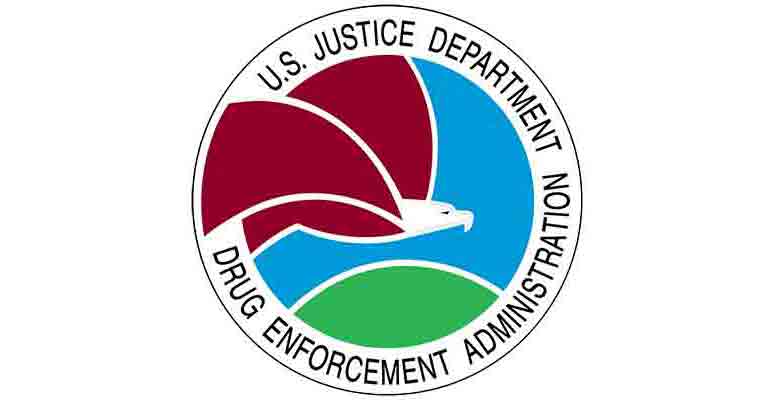U.S. lawmakers have written the government’s Drug Enforcement Administration (DEA), urging the agency to clarify its rules for processing industrial hemp, warning the guidelines could put some producers at risk of violating the country’s Controlled Substances Act.
In two letters recently sent to the DEA, members of the Senate and House of Representatives say an interim final rule, a body of guidelines adopted by the drug agency, treats hemp as a Schedule I controlled substance if it goes beyond the mandated 0.3% level for THC content at any point in the production process.
Rule contradicts Farm Bill
The lawmakers say a clause in the DEA rules, issued in August 2020, appears to contradict the 2018 Farm Bill, which legalized industrial hemp and its derivatives federally in the USA, removing them from the country’s Controlled Substances Act.
The DEA rule states that “a cannabis derivative, extract, or product that exceeds the 0.3% D9 -THC limit is a Schedule I controlled substance, even if the plant from which it was derived contained 0.3% or less D9-THC on a dry weight basis.”
Critics say that under most normal hemp extraction processes it is impossible to avoid a stage at which the extract goes beyond the 0.3% THC limit. Delta-9 THC levels can temporarily increase during the processing of hemp into cannabinoids, including CBD, one of the most valuable hemp extracts.
Under rules in the Farm Bill, finished products must also meet the 0.3% THC threshold, but that’s accomplished by further processing of the material for end use.
Defining THC levels
“When Congress passed the 2018 Farm Bill, we understood that intermediate stages of hemp processing can cause hemp extracts to temporarily exceed 0.3% THC, which is why we defined hemp based on its delta-9 THC level,” senators Ron Wyden and Jeffrey Merkley, both of Oregon, wrote in an Oct. 22 letter to the drug agency.
“We defined hemp’s THC content on a dry weight basis because dry weight measurements are commonly taken from the initial hemp plant and final hemp-derived product,” the senators wrote.
Ignoring legislative intent
In a second letter, nine lawmakers wrote to the DEA on Oct. 20 that the agency’s rules imply that “the only process for extracting hemp may cause hemp processors to temporarily possess a controlled substance.”
“If that is the case, the IFR seems to have ignored the clear legislative intent of the Farm Bill in making the processing of hemp into extracts, derivatives and cannabinoids subject to DEA enforcement as a violation of the Controlled Substances Act,” the lawmakers wrote.
Call for clarification
“The DEA must specify their requirements and streamline hemp directives by clarifying the legal means of processing hemp products,” Denver Riggleman, a Virginia congressman who was among those who signed the Oct. 20 letter, said in a press release. “The Farm Bill created new venues of business in this country, and we need to ensure that our hemp farmers have clear directives when it comes to their products.”
Trade group the Hemp Industries Association (HIA) and private CBD maker RE Botanicals of South Carolina have already filed a lawsuit in the United States Court of Appeals seeking to strike down the DEA rule.

